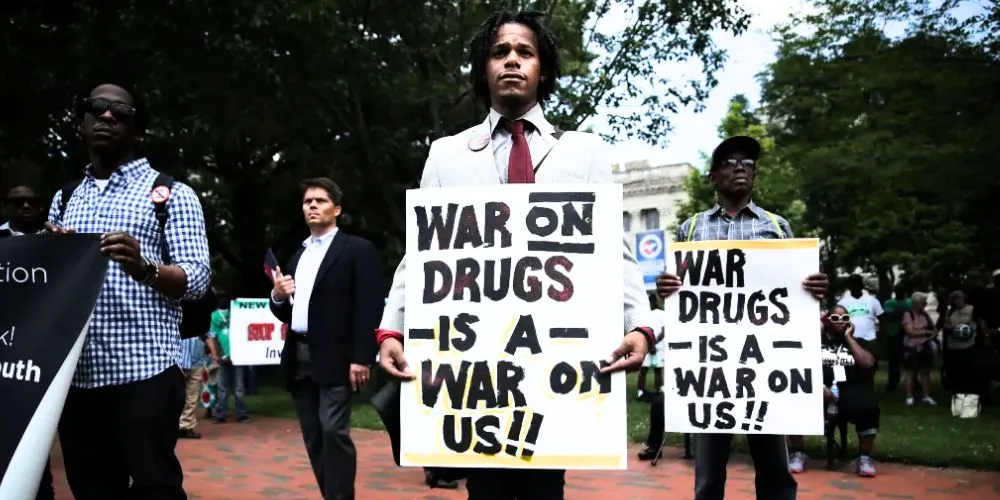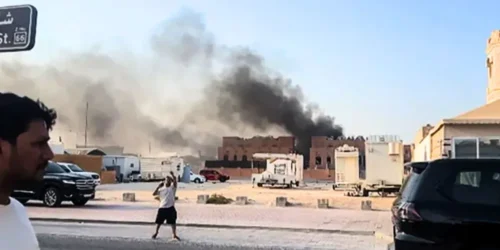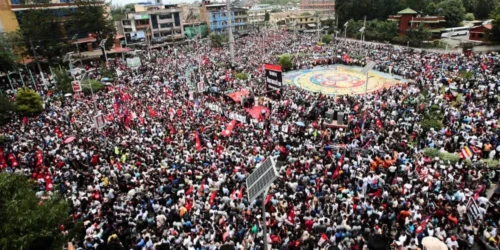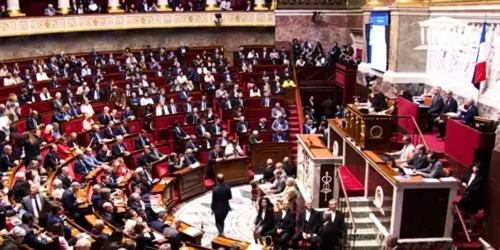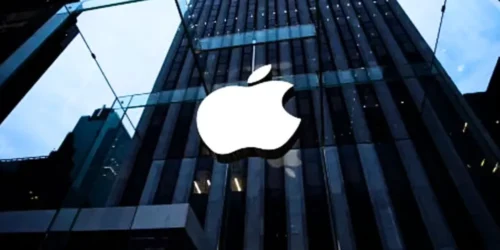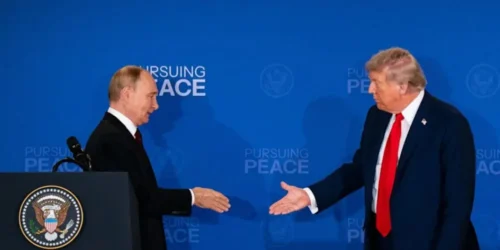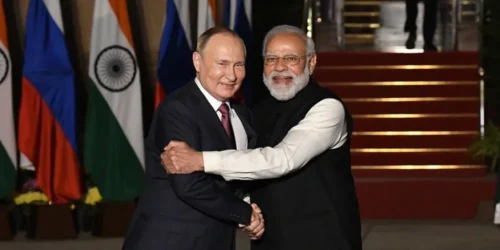For more than fifty years, the United States has waged a relentless “War on Drugs,” spending over a trillion dollars and arresting tens of millions of people in an attempt to eradicate the use of illicit substances.
By any rational measure, this war has been a catastrophic and destructive failure. It has not significantly reduced drug use or addiction, but it has succeeded in creating a host of devastating new problems.
It has fueled a crisis of mass incarceration, shredded the constitutional rights of our citizens, and militarized our police forces, all while doing nothing to address the root causes of addiction. It is long past time to declare a unilateral ceasefire and adopt a new strategy based on public health, rather than punishment.
The war on drugs has disproportionately targeted and destroyed communities of color. Despite similar rates of drug use across racial groups, Black and Hispanic individuals are arrested and incarcerated at vastly higher rates, creating a vicious cycle of poverty and disenfranchisement.
By treating addiction as a criminal justice issue instead of a public health one, we have chosen to fill our prisons rather than our treatment centers. This approach is not only cruel but also wildly ineffective. The billions we spend on policing and prisons could be far more effectively invested in evidence-based solutions like addiction treatment, harm reduction services such as needle exchanges, and mental healthcare.
Decriminalizing drug possession and shifting to a public health model, as countries like Portugal have successfully done, would allow us to redirect resources toward actually helping people and healing communities, rather than continuing to wage a costly, unwinnable, and deeply immoral war against our citizens.

